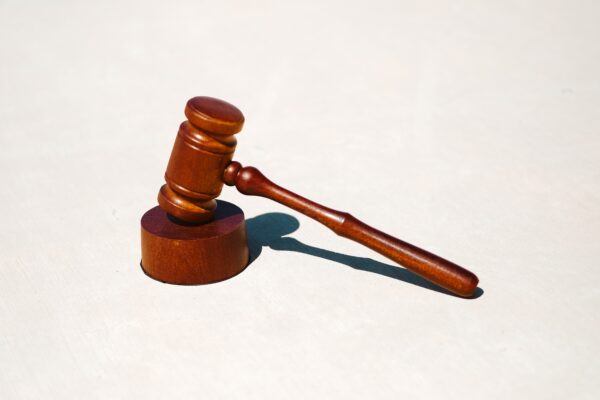On Tuesday, we joined the NAACP, and law firms Wyche and Jenner & Block, to file a lawsuit against the Department of Juvenile Justice (DJJ) to try and help over 250 children living in nightmare conditions in DJJ facilities. The DJJ is significantly understaffed and undertrained, and as a result, children have suffered irreparable harm.
Although the DJJ's purpose is to provide children with care and rehabilitation – and not punishment, the children in custody are routinely subjected to violence, months-long isolation in solitary confinement, and a lack of meaningful educational or mental health services.
"DJJ holds some of our State's most traumatized and vulnerable children," said ACLU of South Carolina Director of Legal Advocacy Allen Chaney. "If conditions don't immediately and dramatically improve, then the only adequate remedy will be to release children from these horrific conditions."
Despite claims that it operates its own accredited school district, helps youth pursue workforce development opportunities, and provides rehabilitative services, most children receive no educational services. The lack of educational resources at DJJ facilities is especially damaging for the children who suffer from learning impairments or physical disabilities as no special education services are provided. One child, who struggles with verbal communication, reported receiving only a single day of education over a period of nine months.
And this isn't new: The DJJ has a well-documented track record – dating back to the 1960s – of violating the constitutional and statutory rights of the children in its care. Even with decades' worth of findings and interventions, DJJ has failed to make substantial progress in implementing lasting solutions.
We are asking the court to declare that the DJJ is violating the constitutional rights of South Carolina children, and we are seeking judicial intervention to facilitate immediate remedies to the horrendous problems and abuse: clean water, dry beds, healthy food, safety from violence, freedom from unconstitutional uses of solitary confinement, meaningful access to education and mental health resources, and accommodations for children with disabilities.
Learn more by reading the press release and full complaint filing on our website. We can all help when we are simply aware of the problems and injustices in our state.
Thank you,
ACLU of South Carolina

